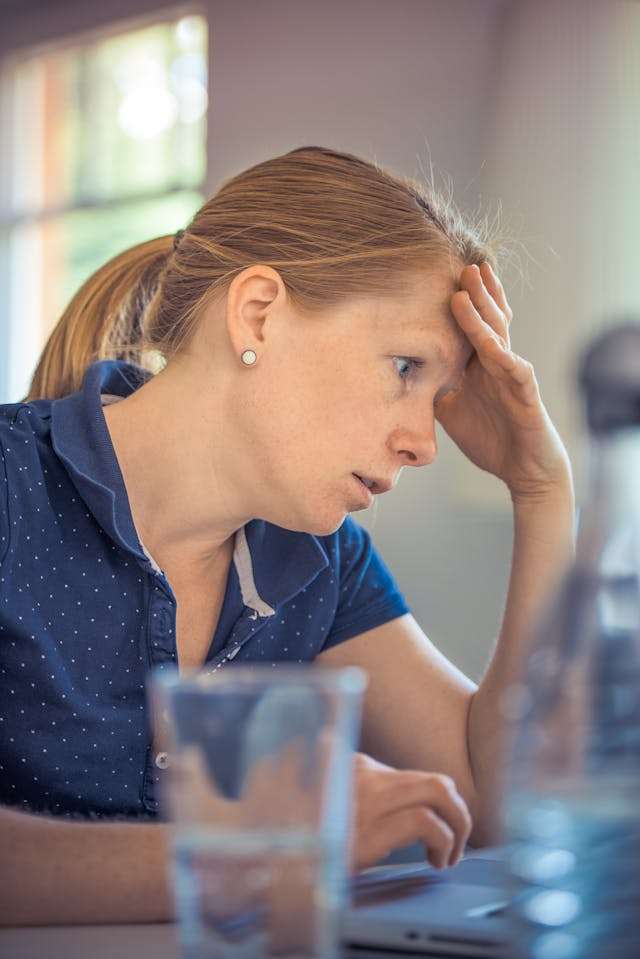
Why Are We So Anxious?
Several factors make anxiety particularly pervasive in the 21st century:
- The Information Overload
Smartphones, social media, and 24-hour news cycles mean we’re bombarded with stimuli every second. Bad news travels faster than good news, amplifying our sense of danger and uncertainty. - Perfectionism and Comparison Culture
Social media has created a highlight reel of others’ lives, leaving many feeling inadequate. Constant comparison can fuel perfectionist tendencies, which are a breeding ground for anxiety. - The Disconnection Paradox
Despite being more “connected” than ever through technology, many people feel isolated. This lack of deep, genuine connection can exacerbate feelings of loneliness and anxiety. - Biology and Brain Chemistry
Anxiety also has a physiological basis. A hyperactive amygdala (the brain’s fear center), low levels of serotonin, or genetic predispositions can make some more prone to it than others.

Anxiety Strategies That Work
Mindfulness and Meditation
Grounding yourself in the present can help break the cycle of rumination. Practices like deep breathing or progressive muscle relaxation can also calm the body’s stress response.Great books like Anxiety Hacks can help you.
Therapy
Anxiety counselling is one of the most effective treatments for anxiety. It helps reframe negative thought patterns and develop healthier coping mechanisms.
Physical Activity
Regular exercise isn’t just good for your body—it’s a natural anxiety reliever. Physical activity releases endorphins, which improve mood and reduce stress.
Limit Stimulants
Caffeine, alcohol, and nicotine can exacerbate anxiety symptoms. Moderating intake of these substances can help stabilize your mood.
Medication (When Necessary)
For some, medication may be a vital part of managing anxiety. Consulting a mental health professional can help determine if this is right for you.
Why Are We So Anxious
